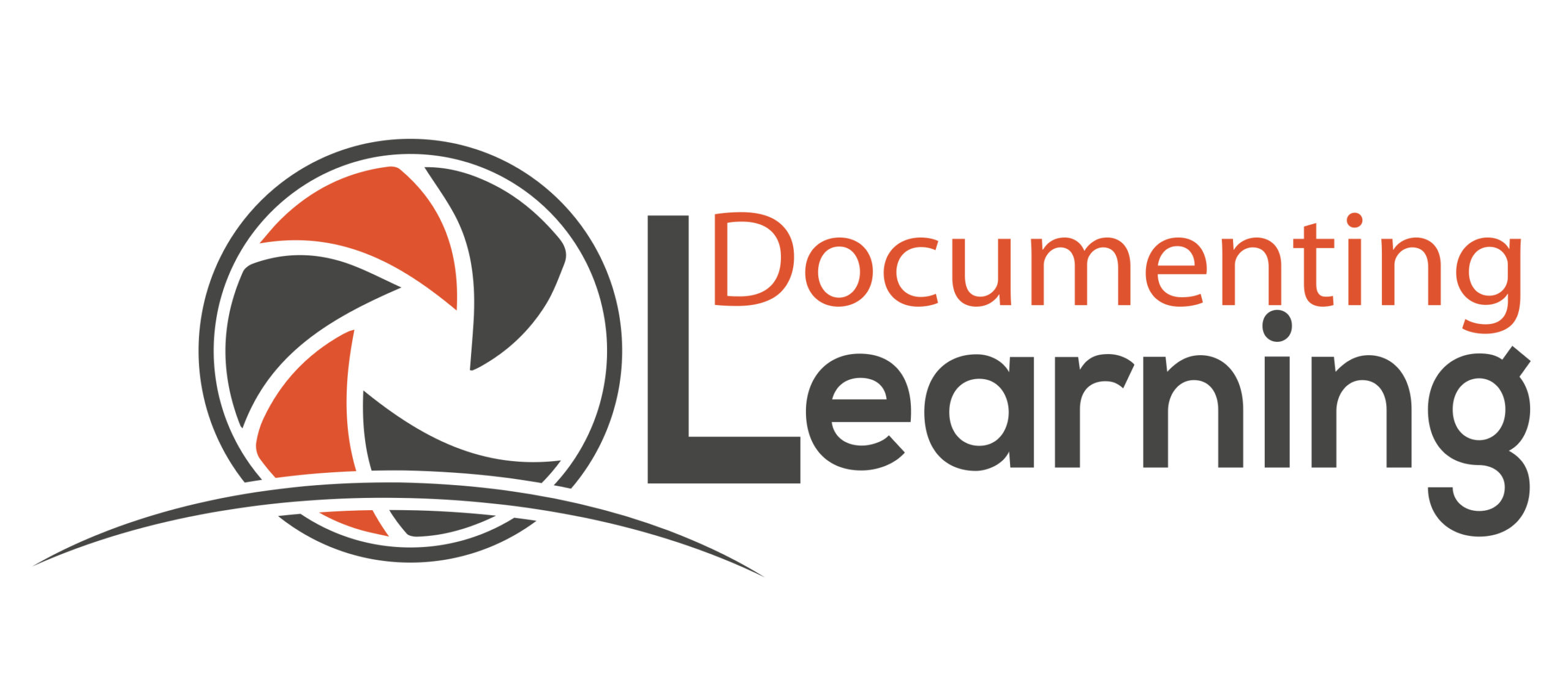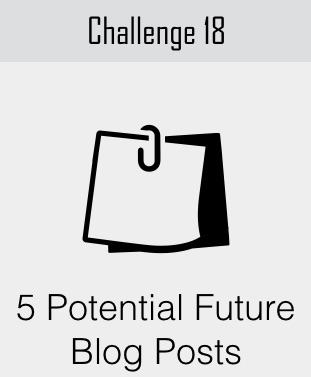We have seen many educators start blogs only to abandon them after a short time. While the reasons may vary, here are a few common ones:
- it takes too much time
- writer’s block
- no one reads it anyway
- does not see the benefits right away
The word blogging is in progressive form: the -ing form. The progressive form of a verb is the form that is used to indicate that an action is continuing or remains on-going. Blogging is ongoing learning process, not an event that happens.
The realization and acceptance of blogging as a platform for professional learning, networking, connecting and seeing it as a process, brings in the necessity for consistency.
- Consistency is the key reason shared by most successful bloggers (success meaning blogging without long gaps in time between posting and better engagement with commenters and cross-posting on other social media platforms)
- Consistency applies to reading, writing, commenting, and connecting with other blog creators
Consistency constitutes an important building block to:
- establish trust with your readers
- build a relationship with your readers
- build a loyal readership (you want your visitors to make it a habit of reading your work)
- experience the cognitive process of learning, articulating, and sharing over a period of time
- plan, develop, network with, and maintain a collaborative learning community
In order to give yourself the best possible chance to become a successful blogger:
- Don’t let your blog be an add-on
The easiest way to have your blog become neglected is to treat it as something in addition to “all the other things you already do.” Find ways to replace traditional tasks.
- Use your blog as a tool to be an active, engaged learner
Your blog can be your communication and planning tool.
- Let your blog become your hub
Plan, document, reflect, and showcase your professional learning, questions, and ongoing work on your blog. Make it your working space. Consider linking all of your online spaces to your blog (e.g., wikis, social bookmarks, Twitter feed).
- Build in regular times to read blogs
This is a conscious decision and takes effort to continue your own professional learning. Remember: blogging starts with reading blogs. Reading a variety of blogs will give you ideas and topics to write about. Make the reading of blogs easy and convenient for you by adding their feeds to an RSS reader (e.g., Feedly) and/or to your mobile device(s) via apps (e.g. Flipboard). Read for a set amount of time each day or before you go to bed at night. It that is difficult for you, try to read one post each day of a blog that you follow.
- Build in regular times to comment
Commenting thoughtfully on other blogs is important to build collegial conversation. Likewise, commenting on blogs from around the world and about a variety of topics build traffic and connections to your blog.
- Build in regular times to write posts
You can write posts that will be published immediately, as well as ones that are drafts that will need future revisions before publishing. If you know finding the time to write is hard to do each day, set aside two or three hours per a week to work on your posts. Tweaking Lao Tzu’s adage a bit: The journey of a thousand posts begins with the first published one.
- Making connections between blogging and your professional learning from yourself and others
Don’t give up when/if your blogging does not take off with lost of readership in the first few weeks or months. Also, don’t be discouraged if comments don’t come flooding in. With time, you will build networked connections, trust, and reliable readership and relationships. Keep on keeping on! With time, they will come.
Remember: don’t give up blogging after a few weeks or months! Hang in there, given it is a process and takes time:
- Reflect often: What are you working on that you want to write about and share?
- Document your growth as a blogger; then reflect and write about that. What do you want to say honestly and openly?
- What are you learning about that others would be interested in learning with you and from you?
- What do you wonder about when making connections among your past, present, and future learning experiences?
Also, remember to cross-post on Twitter, Instagram, and/or Facebook to connect with potential readers.
In Challenge 18 plan a topic series for five blog posts you will write and publish in the future. Just like many analog writers have little notebooks to immediately write down any ideas that pop into their head, bloggers can take advantage of creating and saving drafts in their blog’s dashboard to capture titles and outline ideas for future posts.
Follow these steps to complete this challenge:
1. Record notes to remind yourself of the topic series’ key points you want to write about for the posts. This may take a few days or weeks to collect and have ready to use for your blog post.
Think about:
- related topics to previous posts you have written. How could you connect (hyperlink) them to new content you will be creating?
- next steps in terms of new perspectives for the topics you are interested in exploring
- documenting the steps of your own learning/working process to create content for your upcoming posts to teach others
- pondering about the “what ifs” around your professional interests
- curating resources to share in your posts (don’t just collect links, but share how they relate to your topic’s key points and how they can benefit readers)
- getting inspired by reading other blog posts’ topics/themes and share your perspective of based on the authors’ perspectives of the topic
2. Write a new blog post that includes the purpose of the challenges and a brief summary of each of your upcoming blog post’s key point based on the overall series topic. If appropriate, add any media and hyperlinked writing to aid in conveying your message to readers.
3. Title, save, and publish your post.
After you have completed your challenge to create a Five Potential Future Blog Posts blog post, please include the URL link to your post in the Leave a Reply comment section below to share with us and your documenting community. Check back regularly to see what others have posted!
Added Amplification: Tweet out or share on Instagram the link to your Five Potential Future Blog Posts blog post. Be sure to include the hashtags #documenting4learning and #DLBloggingChallenge18, as well as any appropriate hashtags for your selected topic.



